PPC
Fundamental Differences Every You Should Know

Every business can be classified either as a B2B or a B2C business. You’re either selling to a business or directly to a person. Your target audience makes a world of difference in your marketing strategy.
B2B (business-to-business) and B2C (business-to-consumer) businesses differ greatly because of the number of decision-makers involved in the buying process, sales volumes, and the customer’s motivation to buy. This in turn dictates your marketing strategy as well as how much time and money you can invest in it.
For every astute marketer, it’s important to understand the basic difference between B2B and B2C business models. You’re a B2B business if you sell your products and services to other businesses, like selling raw materials to a textile manufacturer, or enterprise phone systems to a call center. B2C would be anything sold to a customer for personal use: your neighborhood convenience store, retailers, FMCG manufacturers, and eCommerce websites.
Ecommerce is actually a tricky one. Many eCommerce websites that sell SaaS software are B2B businesses. There could also be an overlap in the target audience. Say, you’re a seller of .au domain names as well as .com ones, your buyers could be businesses and individuals.
As a marketer, how you engage with your target audience, and craft strategies based on the level of emotion involved, differs profoundly depending on your business model. The only underlying similarity would be the need to have a high-performing marketing strategy that results in substantial revenue.

To understand B2B vs. B2C marketing, we’ll review the five key areas that need different approaches from marketers because individual customers have different attitudes and needs than business buyers.
Customer Relationships
B2B
Relationship building is paramount for B2B marketing and lead generation. You have to build personal relationships with your stakeholders to drive long-term business growth. This gives you a chance to build your brand and also gives you a competitive advantage. Personal relationships are also necessary because referrals are incredibly important for B2B businesses.
A winning marketing strategy for B2B marketers should concentrate on increasing the customer’s knowledge about your product.
Developing honest relationships that are meaningful will positively affect your bottom line and help with customer retention. B2B businesses need to keep a keen eye on customer experience KPIs because returning customers are always more profitable.
B2C
B2C relationships are transactional. Consumers prioritize quality, value, and price points. This also means that the entire customer experience needs to be flawless. Good relationship building for B2C consumers would include personalized email marketing, digital marketing on social media, excellent customer service, and blog posts.


Decision-Makers
B2B
There are many key decision-makers in your customer’s office. This makes the buying process longer and more complicated.
For example, if you sell enterprise communication solutions for businesses to make communications better both internally and externally you have to convince stakeholders from the following:
1. Procurement.
2. The IT department. They’ll implement the solution so they need to be convinced if it is compatible with their current IT infrastructure.
3. The customer service team will be one of the end-users of the new communication solutions.
4. The HR team, because the solution will be used for employees to communicate with each other.
5. Finance. It has to make commercial sense to buy your product or service.
Each of the above will have a say in the final purchase decision. You’ll have to explain “what is fixed VoIP” and “what is a CRM software” along with their benefits in your marketing content that will be targeted to all of the above. In fact, all your marketing efforts have to be done keeping all decision-makers in mind.
B2C
You’re selling directly to the consumer. Gone are door-to-door sales for FMCG (fast-moving consumer products), you’re now using mass communication methods to convey and send your message. Whether traditional media or digital media, your marketing campaign targets your consumer directly.
The decision-making process is simple and individual. You advertise your offering, put it across to your target audience, and evoke in them a need for your product or service. Or perhaps an answer to their needs. Unfortunately, B2C communications aren’t as open as B2B where you communicate directly with the client.


Time
B2B
The B2B buying cycle is complicated by the number of decision-makers involved. As you move further down the conversion funnel it gets even more complicated and thus more time-consuming. The end-user who actually wants your product might not be the one paying for it. This calls for your marketing strategy to be revised and personalized for every stakeholder.
Imagine again that you’re a communication solutions provider, the HR team wants a private telephone network for use within the company (PBX), IT is ready to implement it and yet you have spent hours telling Finance “What is PBX” and if it’s worth the investment.
There are ways to accelerate the B2B sales cycle and one of those is to utilize sales automation tools like CRM (customer relationship management) software to identify high-quality leads, store customer information, and identify sales opportunities.
B2C
The purchasing decision for a B2C customer is a matter of minutes. Personal decisions are more likely to be impulsive and B2C marketing needs to be able to capture attention in a limited amount of time. Usually, it is an individual making a decision for themselves or family, but even if it is influenced by others and they venture out to seek recommendations, the buying cycle is considerably shorter than B2B.
Motivation
B2B
You have to make a logical case for your product or service – and to every stakeholder differently. Since B2B relationships are also long-term, you have to make sure you can demonstrate the long-term value of your product. B2B buyers are motivated by the features of the product or service – there’s no emotion involved. The purchase is highly planned. B2B brands have to be focused on ROI and convince customers they’re worth the investment.
B2C
You need to play to the emotions of your intended customer. Your marketing strategy should be focused on appealing to people’s emotions to inspire them to buy your product. Your ads don’t need to focus on the features of your product, rather they need to show how it could improve their lives.


Advertising and Communication
B2B
For B2B brands, relationship development is their first priority. Communication is mostly direct with the customer but for lead generation and brand recognition, many advertising tools can be used. Product videos and content marketing through emails or high-quality written content on blogs have been known to be excellent lead generators.
Social media platforms like LinkedIn can also be used for content marketing to establish yourself as a thought leader in your niche. Paid ads on search engines or LinkedIn also have a good reach.
B2C
B2C customers are the ideal target for digital and content marketing. B2C brands need to build brand awareness through their advertising strategy. You have to deliver a message that inspires a purchase and also creates loyalty. B2C branding needs to confirm credibility while creating an emotional connection.
Content for B2C customers has to resonate with them. You need to speak their language and to do so you can use the range of multimedia tools available, like SEO, social media marketing, influencer marketing, and Google ads. This is of course apart from traditional media like print, radio, and TV ad campaigns, which are still very relevant.


B2B vs. B2C: Not All That different
While the lines between B2B and B2C become more pronounced because of the target audience, there are also numerous similarities. While it is harder, more expensive, and more time-consuming to convert a B2B consumer as compared to a B2C customer, B2B marketing is just as much about customer experience as B2C.
B2B customers want rational content and B2C would prefer it if it was entertaining and emotional, but the fact remains despite the different motivations you’re still selling to people. You can’t nurture a relationship with your B2B clients by simply focusing on their logical business needs, just as you can’t make an emotional plea by ignoring your B2C customer’s budget.
Customers are at the heart of every business, and brands need to focus on making their marketing strategy customer-centric ensuring a flawless customer experience. Understanding your audience and their needs are mandatory to be able to target your marketing efforts at them, and this holds true for both B2B and B2C.
!function(f,b,e,v,n,t,s)
{if(f.fbq)return;n=f.fbq=function(){n.callMethod?
n.callMethod.apply(n,arguments):n.queue.push(arguments)};
if(!f._fbq)f._fbq=n;n.push=n;n.loaded=!0;n.version=’2.0′;
n.queue=[];t=b.createElement(e);t.async=!0;
t.src=v;s=b.getElementsByTagName(e)[0];
s.parentNode.insertBefore(t,s)}(window, document,’script’,
‘https://connect.facebook.net/en_US/fbevents.js’);
fbq(‘init’, ‘798354844174730’);
fbq(‘track’, ‘PageView’);
!function(f,b,e,v,n,t,s){if(f.fbq)return;n=f.fbq=function(){n.callMethod?
n.callMethod.apply(n,arguments):n.queue.push(arguments)};if(!f._fbq)f._fbq=n;
n.push=n;n.loaded=!0;n.version=’2.0′;n.queue=[];t=b.createElement(e);t.async=!0;
t.src=v;s=b.getElementsByTagName(e)[0];s.parentNode.insertBefore(t,s)}(window,
document,’script’,’https://connect.facebook.net/en_US/fbevents.js’);
Source link

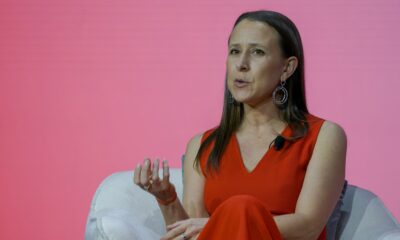





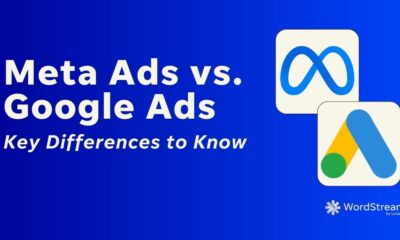

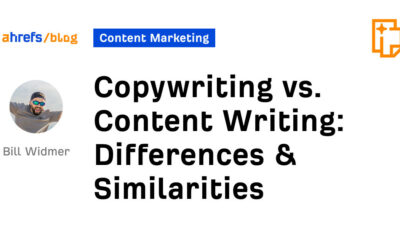

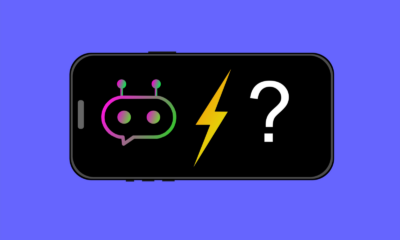

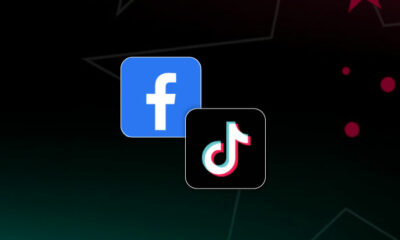

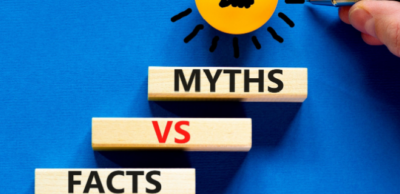

You must be logged in to post a comment Login